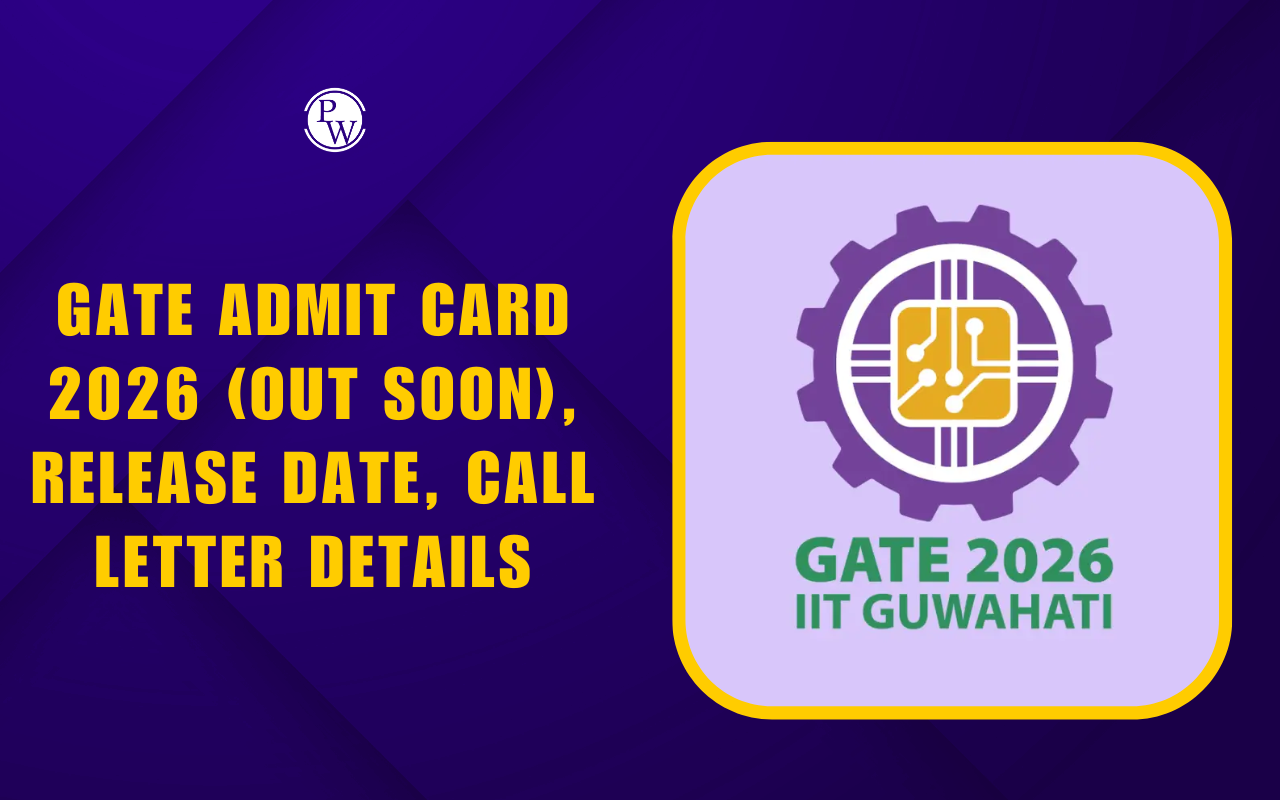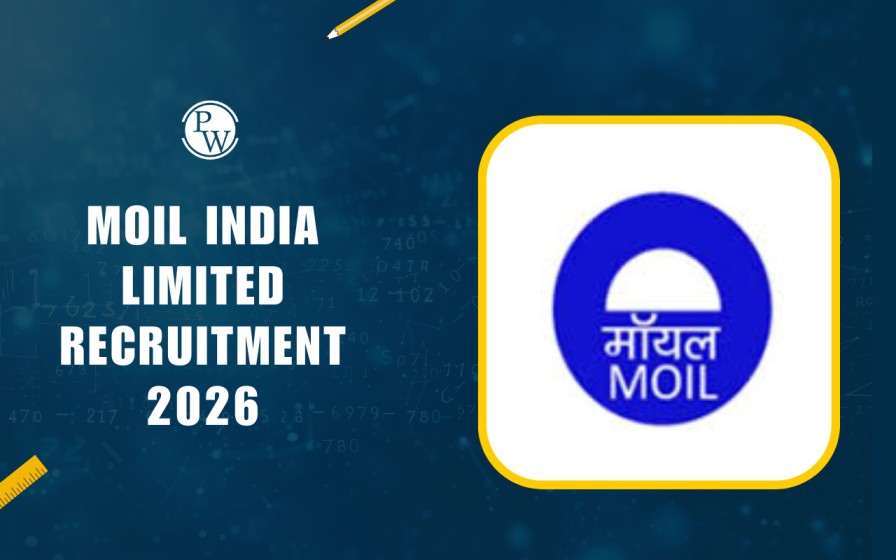
Agricultural Engineering Subjects - Agricultural engineering is one of the engineering subfields. In other words, it is the combination of agriculture and technology. Because India is an agrarian country, the agriculture industry and its associated industries are in high demand.
This demand has resulted in the development of agricultural engineering courses in which students study about the Indian agricultural system and its interactions with technology. The agricultural sector's growth possibilities have improved the appeal of this course. Given that agriculture is regarded as the backbone of the Indian economy, an aspirant might expect a prosperous career in this industry. This branch of engineering can be learned through several technical courses such as Diploma, B.Tech, B.E., and M.Tech. Students have gained knowledge in these programs that will help them flourish in the agricultural sector.What is Agricultural Engineering?
Agricultural engineering, also known as agricultural and biosystems engineering, is the study and application of engineering science and principles for agricultural purposes, combining the various disciplines of food science, environmental, software, mechanical, civil, electrical, and chemical engineering to improve the efficiency of farms and agribusiness enterprises and to ensure the sustainability of natural and renewable resources. Agricultural engineers create engineering designs and plans for agricultural projects, typically in collaboration with an agriculturist who is more knowledgeable about farming and agricultural science.| Agricultural Engineering Overviews | |||
| Parameters | Undergraduate | Postgraduate | Doctoral Program |
| Agricultural Engineering Courses | B.Tech in Agricultural Engineering | M. Tech. in Agricultural and Food Engineering | PhD in Agricultural Engineering |
| B. E. in Agricultural Engineering | M. Tech. in Agricultural Engineering | ||
| Diploma in Agricultural Engineering | Postgraduate Diploma in Agriculture | ||
| Minimum Duration | 3 Years | 2 Years | 3 Years |
| Maximum Duration | 4 Years | 2 Years | 5 Years |
| Admission Criteria | Minimum 50% Aggregate Marks in Higher Senior Secondary | Minimum 50% Aggregate Marks in Undergraduate Course | Minimum 50% Aggregate Marks in Postgraduate Course |
| Minimum Fees | Rs. 40,000 | Rs. 1,00,000 | Rs. 50,000 |
| Maximum Fees | Rs. 1,20,000 | Rs. 3,20,000 | Rs. 4,00,000 |
| Minimum Salary (per month) | Rs. 15,000 per month | Rs. 40,000 per month | Rs. 60,000 per month |
| Maximum Salary (per month) | No upper limit | No upper limit | No upper limit |
| Agricultural Engineering Jobs | Teacher Assistant Supervisor Tender Manager Engineer Trainee Junior Sales Manager | Lecturer/Professor Farmland Designer Senior Agricultural Supervisor Senior Sales Manager | Agronomist, Researcher Seed Specialist Soil Specialist Soil Inspector Crop Inspector Senior Supervisor |
Agricultural Engineering Subjects - BTech
B.Tech Agricultural Engineering subjects are divided into two categories: core and elective, and they cover the fundamentals and skills-based courses needed for agricultural technology advancement. Agriculture subjects are separated into three groups in the list below:Agricultural Engineering Core Subjects
Here is the list of the Agricultural Engineering core subjects in BTech:- Soil Mechanics
- Farm Machinery and Equipment
- Principles of Agronomy
- Engineering Mathematics
- Engineering Properties of Biological Materials and Food Quality
- Watershed Hydrology
- Crop Process Engineering
- Electrical Machines and Power Utilization
- Tractor Systems and Controls
- Tractor and Automobiles Engineering
- Agril. Structures and Environmental Control
- Agricultural Structures & Environmental Control
Agricultural Engineering Elective Subjects
Here is the list of Agricultural Engineering elective subjects in B.Tech:- Soil and Water Engineering
- Farm Machinery and Power Engineering
- Agricultural Process & Food
- Mainstream Agricultural Engineering
- Dairy Engineering Specialisation
- Agritech & Entrepreneurship Specialisation
- Irrigation and Drainage Engineering
- Agricultural Process Engineering
- Farm Structure
Agricultural Engineering Lab Subjects
Here is the list of Agricultural Engineering lab subjects in BTech:- Remote Sensing & GIS Applications
- Watershed Management
- Thermal Engineering
- Agril. Structures and Environmental Control
- Soil and Water Conservation Structures
- Dairy and Food Engineering
- Electrical Machines and Power Utilization
- Irrigation Engineering
- Crop Process Engineering
Agricultural Engineering Subjects - B.Tech
Here is the list of semester wise B.Tech Subject of the Agricultural Engineering -| Semester 1 | Semester 2 |
| Engineering Mathematics - I | Engineering Mathematics – II |
| Engineering Physics | Computers Programming and Data Structures |
| Engineering Chemistry | Applied Electronics and Instrumentation |
| Workshop Practice | Agriculture for Engineers |
| Surveying and Leveling | Workshop Technology |
| Engineering Drawing | Thermodynamics & Heat Engines |
| Environmental Science | Field operation and Maintenance of Tractors and Farm Machinery-I |
| Electrical Circuits | Engineering Mechanics |
| English and Communication Skills | - |
| Semester 3 | Semester 4 |
| Engineering Properties of Biological Materials and Food Quality | Farm Machinery and Equipment – II |
| Soil Mechanics | Irrigation Engineering |
| Soil & Water Conservation Engineering | Crop Process Engineering |
| Farm Machinery and Equipment – I | Fluid Mechanics |
| Farm Power | Theory of Machines |
| Watershed Hydrology | Heat and Mass Transfer |
| Engineering Mathematics - III | Field Operation and Maintenance of Tractors and Farm Machinery – II |
| Agribusiness Management and Trade | Advance Computer Science & Engineering |
| - | Fundamentals of Probability and Statistics |
| Semester 5 | Semester 6 |
| Machine Drawing and Computer Graphics | Agricultural Structures and Environmental Control |
| Machine Design | Drying and Storage Engineering |
| Dairy & Food Engineering | Design of Structures |
| Tractor Systems and Controls | Drainage Engineering |
| Electrical M/C’s and Power Utilization | Soil & Water Conservation Structures |
| Database Management and Internet Applications | Refrigeration and Air conditioning |
| Strength of Materials | Entrepreneurship Development |
| Ground Water, Wells and Pumps | Renewable Energy Sources |
| Semester 7 | Semester 8 |
| Project - I | Project - II |
| Seminar | Practical Training at Institution/University. |
| In Plant/Industrial Training-I | In Plant/Industrial Training-II |
Agricultural Engineering Subjects - M.Tech Here is the list of semester wise M.Tech Subject of the Agricultural Engineering -
| Semester 1 |
Semester 2 |
| Food Chemistry and Microbiology | Process Instrumentation and Control |
| Nursery Technology | Food Engineering –I |
| Principles of Analytical Chemistry | Refrigeration Engineering |
| Applied Mathematics | Crop Physiology |
| Fundamentals of Information Technology | Agricultural Microbiology |
| Fundamentals of Agricultural Meteorology | Principles of Agricultural Economics |
| English for Effective Communication | Engineering Properties of Biological Materials |
| Semester 3 | Semester 4 |
| Biomass Utilization and Renewable Energy Management | Livestock and Aquaculture Food Products Processing |
| Commercial Production of Spices and Plantation Crops | Fundamentals of Soil Science |
| Fundamentals of Entomology | Industrial visit I (Fruit, Vegetable and Floriculture Industry) |
| Food Preservation Technology | Principles of Biotechnology |
| Principles of Seed Production and Quality Control in agricultural crops | Seed production technology of agricultural crops |
| Livestock and Poultry Production Management | Fundamentals of Agribusiness Management |
| Farm Power and Machinery | Applied Statistics |
Agricultural Engineering Subjects in GATE Exam
IISc Bangalore has published the GATE Agricultural Engineering syllabus 2024 on its official website, gate2024.iisc.ac.in. Here you may find the topics covered in the GATE Agricultural Syllabus pdf 2024. Candidates can review the GATE Agricultural Engineering (AG) 2024 syllabus. The GATE curriculum 2024 includes an entire list of Agriculture engineering topics from which questions will be drawn for the exam. Candidates can attempt as many questions as possible by studying the GATE Agricultural Engineering Syllabus 2024. The topic is mentioned in both the core subject and the Mathematics and General Aptitude portion of the GATE Syllabus for Agricultural Engineering. Candidates can learn about the topics to study for the upcoming exam by using the GATE 2024 agricultural engineering syllabus. All of the topics covered in the GATE Agricultural Engineering syllabus are listed below for students' convenience.GATE 2024 Agricultural Engineering Syllabus For General Aptitude
The GATE AE General Aptitude syllabus assesses aspirants' verbal and numerical thinking ability. It attempts to assess their capacity to comprehend and apply textual information, analyze data, develop solutions, and draw logical conclusions, all of which are necessary for success in several technical fields.| GATE 2024 Agricultural Engineering Syllabus For General Aptitude | |
| Topics | Subtopics |
| Verbal Aptitude |
|
| Quantitative Aptitude |
|
| Analytical Aptitude |
|
| Spatial Aptitude |
|
GATE 2024 Agricultural Engineering Syllabus For Engineering Mathematics
This section of the GATE Agricultural Engineering syllabus is designed to examine aspirants' knowledge and understanding of mathematical concepts pertinent to the discipline of Agricultural Engineering. The important topics are discussed here.|
GATE 2024 Agricultural Engineering Syllabus For Engineering Mathematics |
|
| Topics | Syllabus |
| Linear Algebra |
|
| Calculus |
|
| Differential Equations |
|
| Vector Analysis |
|
| Complex Analysis |
|
| Probability and Statistics |
|
GATE 2024 Agricultural Engineering Syllabus For Core Subjects
The gate syllabus contains a list of topics to prepare for the agricultural engineering exam 2024.The following topics are included in the GATE 2024 Agricultural Engineering syllabus:| GATE 2024 Agricultural Engineering Syllabus For Core Subjects | |
| Subjects | Syllabus |
| Farm Machinery |
|
| Farm Power |
|
| Soil and Water Conservation Engineering |
|
| Irrigation and Drainage Engineering |
|
| Agricultural Processing Engineering |
|
| Dairy and Food Engineering |
|
Agricultural Engineering Subject Wise Standard Books
Books are the best resource for preparation for the entrance exam. Candidates must be aware of the GATE Agricultural Engineering syllabus before selecting study materials. The GATE AE syllabus topics should be addressed in the GATE 2024 Agricultural Engineering syllabus books. Candidates should review the GATE Agricultural Engineering syllabus pdf to determine what subjects they should prioritize learning. Check the subject-wise information using the list of GATE Agricultural Engineering Books 2024.| Agricultural Engineering Subject Wise Standard Books | ||
| S. No | Name of the GATE book | Author |
| 1 | Application and Concept in Agricultural Engineering | Dash & Mohanty |
| 2 | Applied Hydrology | Ven Chow, David Maidment, Larry Mays |
| 3 | Advanced Engineering Mathematics | Erwin Kreyszig (10th Edition) |
| 4 | Engineering Principle of Agricultural Machines | Ajit K. Srivastava. |
| 5 | Elements of Agricultural Engineering | J. Sahay |
| 6 | Engineering Hydrology | K. Subramanya |
| 7 | Fundamentals of Food Process Engineering | R.T. Toledo |
| 8 | Gate Digest in Agricultural Engineering | Er. Sanjay Kumar |
| 9 | Heat Transfer | J.P. Holman |
| 10 | Higher Engineering Mathematics | Dr. B.S Grewal |
| 11 | Introduction to Food Process Engineering | P. G. Smith |
| 12 | Land and Water Management Engineering | V.V.N. Murty |
| 13 | Numerical Approach in Agricultural Engineering | Er. Sanjay Kumar |
| 14 | Postharvest Technology and Food Process Engineering | Amalendu Chakraverty, R. Paul Singh, CRC Press (2014). |
| 15 | Soil and Water Conservation Engineering | Glenn O Schwab. |
Agricultural Engineering Subjects FAQs
What subjects are included in B.Tech Agricultural Engineering?
Engineering Mechanics, Basic of Agricultural Engineering, Mathematics, Physical Chemistry, and other subjects are covered in B.Tech Agricultural Engineering.
What can I do after graduating from Agricultural Engineering?
After earning a Bachelor's degree in Agricultural Engineering, students can pursue a Master's degree in fields such as crop production, Agri-Informatics, Power Engineering, Farm Machinery, and so on.
Is biology required for B.Tech agriculture?
No, biology is not a required subject for B.Tech agriculture, however having it as an elective can help students in their studies.
Is there maths in Agriculture Engineering?
Yes, the candidate must have passed the qualifying examination, which included Physics and Mathematics as mandatory subjects.
Talk to a counsellorHave doubts? Our support team will be happy to assist you!

Check out these Related Articles
Free Learning Resources
PW Books
Notes (Class 10-12)
PW Study Materials
Notes (Class 6-9)
Ncert Solutions
Govt Exams
Class 6th to 12th Online Courses
Govt Job Exams Courses
UPSC Coaching
Defence Exam Coaching
Gate Exam Coaching
Other Exams
Know about Physics Wallah
Physics Wallah is an Indian edtech platform that provides accessible & comprehensive learning experiences to students from Class 6th to postgraduate level. We also provide extensive NCERT solutions, sample paper, NEET, JEE Mains, BITSAT previous year papers & more such resources to students. Physics Wallah also caters to over 3.5 million registered students and over 78 lakh+ Youtube subscribers with 4.8 rating on its app.
We Stand Out because
We provide students with intensive courses with India’s qualified & experienced faculties & mentors. PW strives to make the learning experience comprehensive and accessible for students of all sections of society. We believe in empowering every single student who couldn't dream of a good career in engineering and medical field earlier.
Our Key Focus Areas
Physics Wallah's main focus is to make the learning experience as economical as possible for all students. With our affordable courses like Lakshya, Udaan and Arjuna and many others, we have been able to provide a platform for lakhs of aspirants. From providing Chemistry, Maths, Physics formula to giving e-books of eminent authors like RD Sharma, RS Aggarwal and Lakhmir Singh, PW focuses on every single student's need for preparation.
What Makes Us Different
Physics Wallah strives to develop a comprehensive pedagogical structure for students, where they get a state-of-the-art learning experience with study material and resources. Apart from catering students preparing for JEE Mains and NEET, PW also provides study material for each state board like Uttar Pradesh, Bihar, and others
Copyright © 2025 Physicswallah Limited All rights reserved.
Get App









